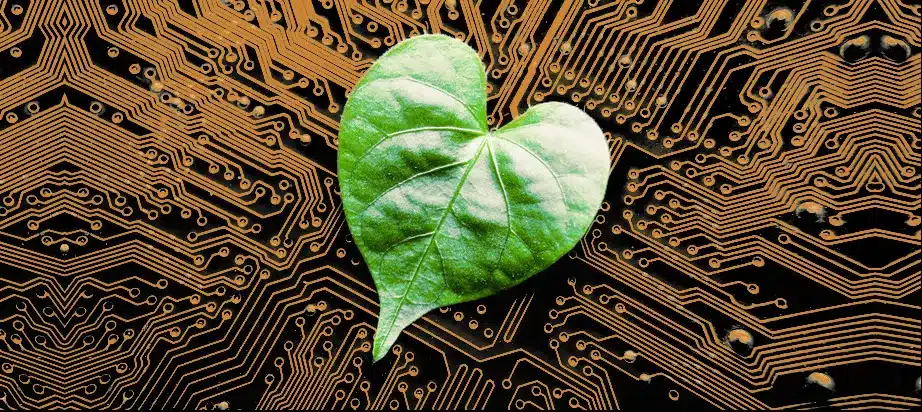In today’s globalized business landscape, sustainability is no longer a mere buzzword; it is a critical pivot around which modern businesses revolve. As stakeholder demands increase, with investors and consumers at the forefront, there arises an imperative need for companies to adopt innovative mechanisms to both measure and articulate their sustainability endeavours.
One of the fundamental challenges confronting businesses is the task of quantifying sustainability, especially given its multifaceted and subjective nature. Noteworthy frameworks like Environmental and Social Governance (ESG) and Sustainable Development Goals (SDG) offer a semblance of a roadmap. As these models gain traction, it becomes evident that the success and growth of an organization are inextricably tied to its socio-economic and environmental impact. The evolution of Corporate Social Responsibility (CSR) underscores this shift: from a passive stance of harm reduction to a proactive approach that champions positive global impact, embodied in the principles of ESG and SDG.
The pivotal role of sustainability reports in shaping organizational narratives is undeniable. Established rating entities such as S&P Global are playing a monumental part in this narrative, devising sustainability indices that gauge long-term societal and environmental impact. In a bid to champion transparency, a multitude of organizations have migrated to cloud-based strategies. This initiative, backed by stalwarts like AWS, GCP, and Azure, has democratized access to sustainability data. Industry leaders like the Sustainability Accounting Standards Board (SASB), Global Reporting Initiative (GRI), Carbon Disclosure Project (CDP), and Task Force on Climate-Related Financial Disclosures (TCFD) have championed the cause, culminating in a substantial proportion of S&P 500 companies not just publishing, but actively disseminating sustainability reports—a leap from 20% in 2011 to a staggering 95% in 2022.
The transformative potential of AI in the realm of sustainability is multifaceted. Beyond generating reports, AI acts as an enabler, spurring sustainable practices across sectors. AI’s prowess lies in its ability to model and optimize resource utilization, from fostering smart cities to devising energy-efficient networks that resonate with renewable energy sources. Moreover, AI’s data analytic capabilities are instrumental in promoting environmental conservation initiatives. Recent studies have illuminated AI’s potential in enriching our understanding of climate change and its multifarious consequences.
Yet, the widespread adoption of AI is not without its caveats. Echoing patterns seen in previous technological revolutions, the ascent of AI brings to the fore a host of societal challenges. The computational demands of AI, especially in data-intensive operations, contribute to increased carbon footprints. Furthermore, the resource disparity in AI’s adoption might exacerbate global inequalities. As we propel into an AI-centric future, balancing its potential with ethical and societal considerations becomes paramount.
Historical precedents demonstrate that technological advances, though elevating human life, often do so at the planet’s expense. However, the AI-led technological renaissance presents a chance to rewrite this narrative. It offers a unique convergence of sustained economic growth and environmental conservation. The responsibility, thus, lies with the collective—corporations, governments, and civil society—to harness AI judiciously. By deploying AI in measuring, validating, and acting upon sustainability metrics, we set the stage for an era where progress and planet coalesce. AI not only fortifies the measuring process but also validates and enriches it.
The potential of AI as an ally in carving a sustainable future is immense. With judicious and ethical use, we stand at the cusp of an era where AI doesn’t just measure but amplifies sustainability efforts, guiding humanity towards a holistic future where progress is in harmony with the planet.

